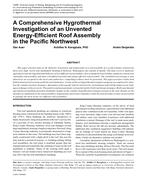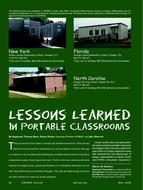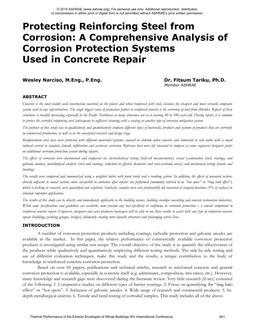While every one of us is striving for a better standard of living, one should reckon that both indoor and outdoor air quality are the key parameters attributed to our living standard. There is a growing concern that outdoor air pollutants could result in the deterioration of indoor air quality. The use of natural ventilation in buildings has received much attention in the last decade, which is a part of the building energy efficiency strategy. A key consideration in adopting natural ventilation is the pollutant concentration of outdoor air near the building. From the standpoint of energy conservation and indoor air quality, it is imperative to have not only fresh incoming air, but also minimal pollutants from the buildings’ proximity. Ventilation study is not only important for improving indoor air quality, it also ensures better outdoor living environment in city development.
Urbanization is undergoing in many countries as their population grows. In the past few decades, high-rise buildings were erected in cities as a landmark of their modernizations. This has changed not only the outlook of a city, but also the local environment that surrounds the buildings as well as the microclimatic environment of the city. While the constructions of new high-rises are inevitable and imminent, examination of the airflow pattern and ventilation efficiencies of a single and group of buildings is crucial in understanding the whole city ventilation. Besides, thermal convection boundary layer airflow, due to the building wall surface temperature or heat flux, could play an important role in the ventilation of a building cluster. This study contributes to the understanding of the microclimatic environment of a building cluster. This will facilitate the design of urban ventilation strategies, and help landscape architecture and urban planning to achieve a better urban environment.
Citation: ASHRAE Conference Papers, Chicago IL
Product Details
- Published:
- 2012
- Number of Pages:
- 9
- File Size:
- 1 file , 1.8 MB
- Product Code(s):
- D-CH-12-C072


